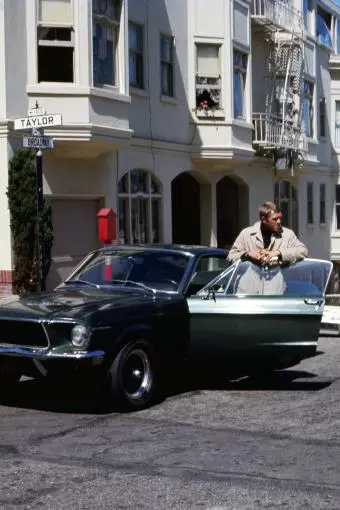Write an article
Create a list
Publish a column
Upload a video

Log in
My channel
Settings
Invite friends
English


Info mistake?
Biography
He was the ultra-cool male film star of the 1960s, and rose from a troubled youth spent in reform schools to being the world's most popular actor. Over 40 years after his untimely death from mesothelioma in 1980, Steve McQueen is still considered hip and cool, and he endures as an icon of popular culture. McQueen was born in Beech Grove, Indiana, to mother Julian (Crawford) and father William Terence McQueen, a stunt pilot. His first lead role was in the low-budget sci-fi film The Blob (1958), quickly followed by roles in The St. Louis Bank Robbery (1959) and Never So Few (1959). The young McQueen appeared as Vin, alongside Yul Brynner, in the star-laden The Magnificent Seven (1960) and effectively hijacked the lead from the bigger star by ensuring he was nearly always doing something in every shot he and Brynner were in together, such as adjusting his hat or gun belt. He next scored with audiences with two interesting performances, first in the World War II drama Hell Is for Heroes (
Awards
See moreKnown For
Filmography